Target on guns: Christian extremist terror attack not enough to deliver gun database
Nearly a year after constables Matthew Arnold and Rachel McCrow and good Samaritan Alan Dare were gunned down at Wieambilla, bureaucratic inertia and a fight over funding has stalled the process.
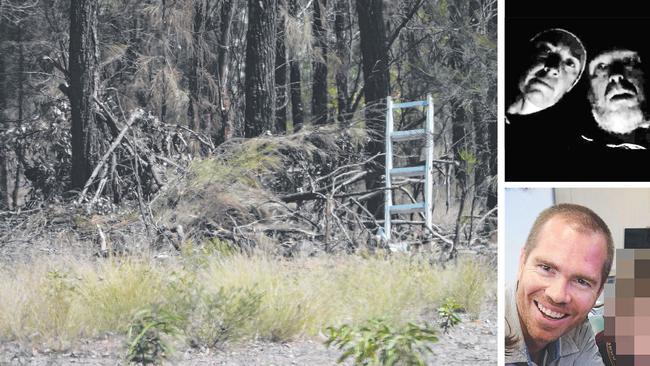
The renewed push to establish a national firearms register in the wake of the cold-blooded murder of two police officers and a neighbour has stalled, with a funding dispute between Canberra and the states and territories delaying the vital reforms.
A new national gun registration system – which The Australian can reveal would cost more than $200m and would take a minimum of four years to become operational – has been agreed to in principle by the nation’s police ministers.
Nearly a year after constables Matthew Arnold and Rachel McCrow and good Samaritan Alan Dare were gunned down at Wieambilla in southern Queensland, bureaucratic inertia and a fight over funding has stalled the process, with smaller jurisdictions baulking at the cost, and states and territories refusing to make their gun laws nationally consistent.
Target on Guns
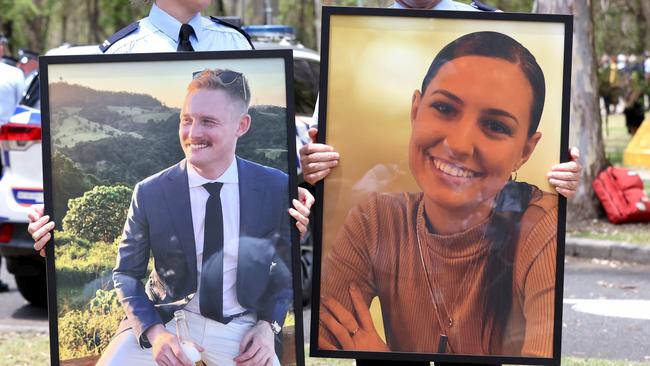
Extremists, crims, AVOs on guns register
A $250m national firearms register will have access to criminal records and family violence orders alongside details of guns and firearm licence holders.
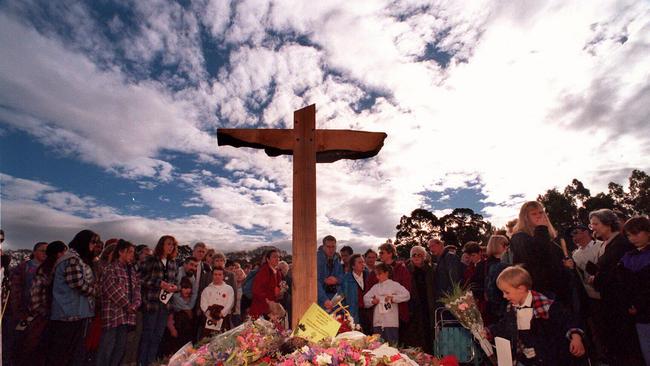
Firearms register win, as FBI nabs cop killers’ US contact
Twenty-seven years after it was first agreed following the Port Arthur massacre, Australia’s leaders sign a historic deal to introduce a national gun registry.
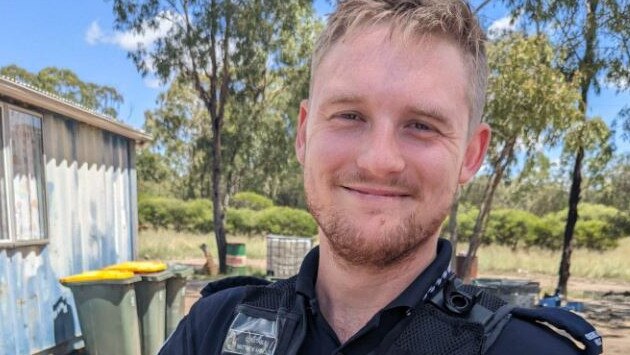
Nation’s leaders urged to do deal on gun register
Police and gun safety advocates urge premiers, PM to ‘show some fortitude’ on firearms ahead of the anniversary of the Wieambilla police murders.
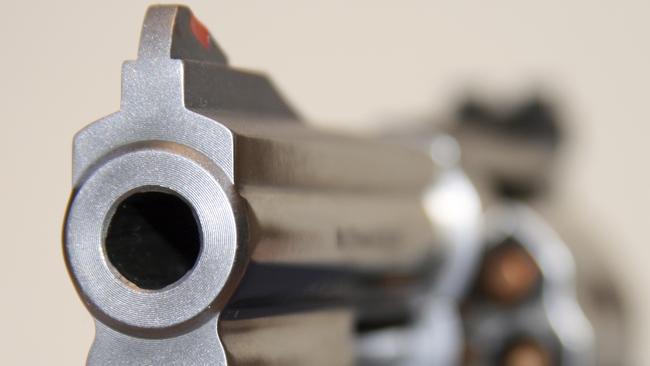
‘Red-flag cop-haters, sovereign citizens’ on firearm register
A national firearm register should include intelligence about licensed gun-owners who have been identified on social media as ‘police-haters’ or sovereign citizens.
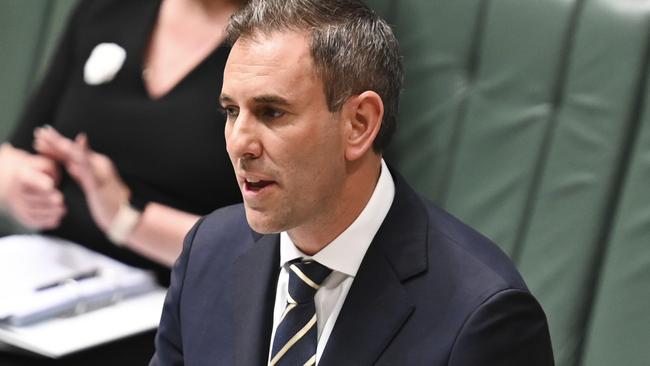
Fight over cash derails register
The national guns register has hit an 11th-hour roadblock with a blow-up between state and federal treasurers derailing plans to finalise a funding deal.
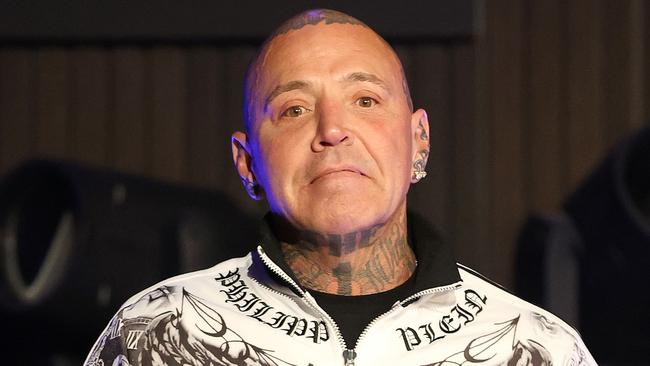
Delays give high-risk suspects 41-day start
No money, competing priorities: Victoria Police delays give high-risk suspects 41 days grace period before firearm prohibition orders are served.
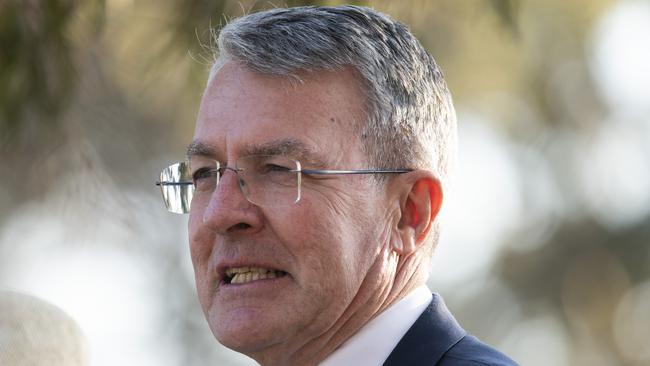
Firearms register ‘now within range’
Gun safety advocates say Australia’s state, territory, and federal governments have ‘never been closer’ to a deal on a national firearm register, 27 years after the Port Arthur massacre that first prompted calls for the database.
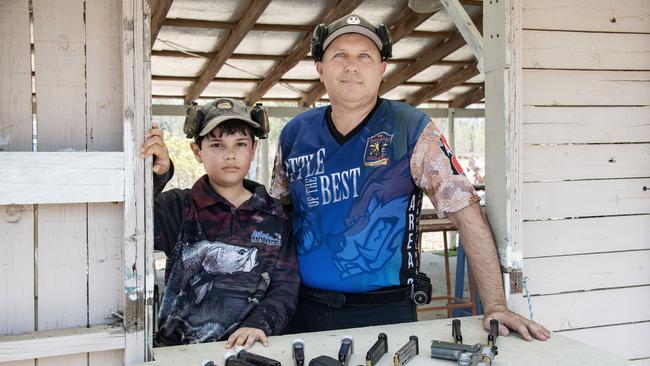
Young shooters aim for sporting success
Sport for some kids involves a ball or a racquet, but 12-year-old Quinn Coates-Marnane much prefers a pistol. The Cairns schoolboy is one of a growing number of children learning how to shoot competitively.
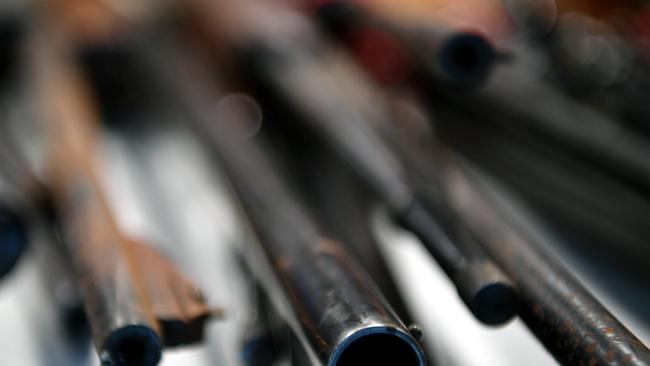
‘Ridiculous’: Police slam failure to act on guns register
An Australian-owned and operated company built New Zealand’s new national firearms database, prompting police advocates to ask why the same can’t be used domestically.
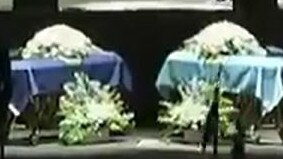
Victoria cries poor on guns, asks Canberra for help
Victoria has joined smaller jurisdictions asking Canberra for financial assistance to upgrade old state firearms registers to make them compatible with a real-time digital national gun database.
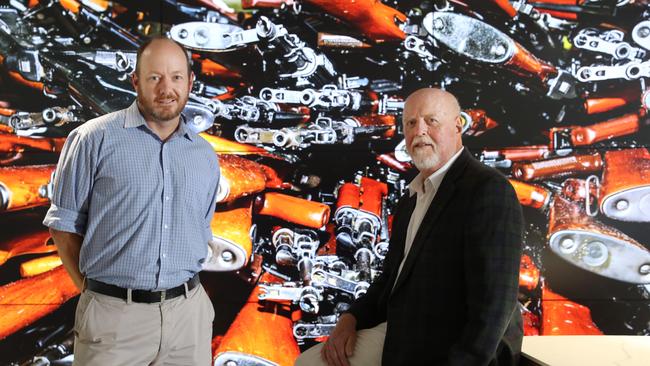
Aussie-made arms register controls guns abroad – why not here?
A low-cost simple-to-use system known as ArmsTracker is operational or being installed in countries across the globe. But its creators say it wouldn’t suit Australia because ‘they wouldn’t trust anything less than $2m’.
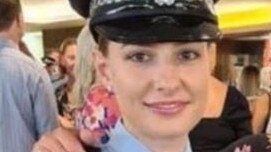
$30m slug to sign up to firearms registry
Smaller states and territories could be slugged with a bill of $30m each to join a national firearms register and are increasing pressure on the federal government to pay for the new digital guns database.
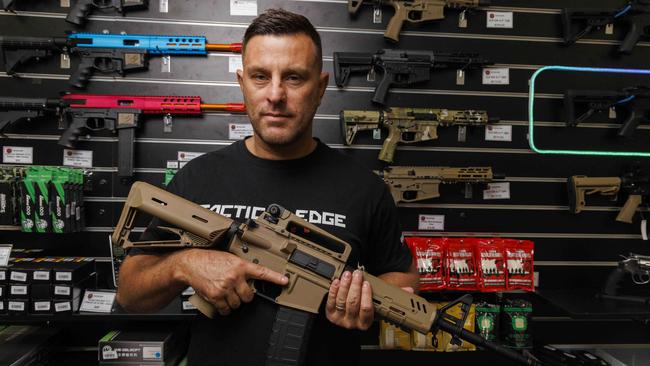
Pressure on state to ban replica ‘gel blasters’
Gun control advocates urge Queensland to follow the rest of Australia and ban gel blasters instead of labelling them toys.
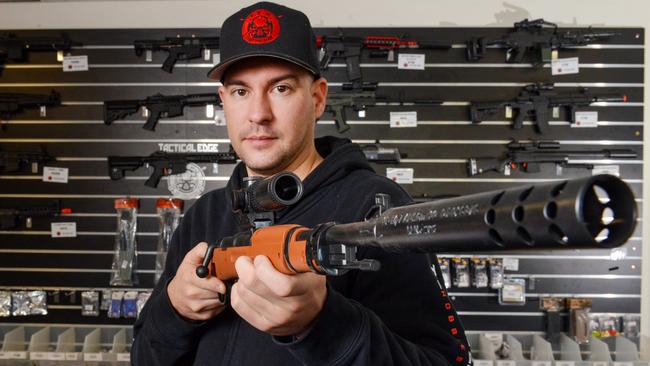
20 years’ jail for firing this ‘toy’? It’s ludicrous, blasts judge
In every other jurisdiction except Queensland you need a gun licence to wield this recreational weapon. Has the rest of the country got it wrong?
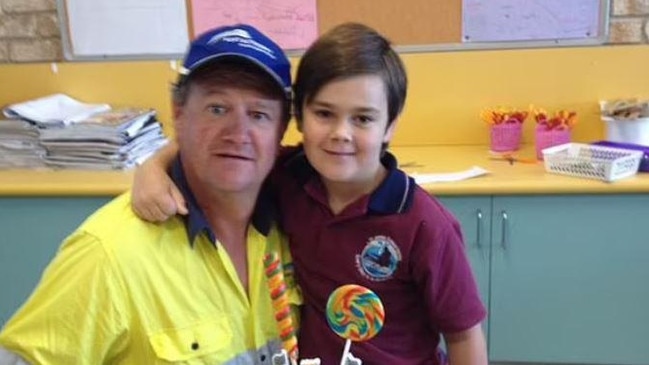
States resist health check for licences
Every state and territory except WA is resisting calls from coroners and advocates to introduce mandatory mental health checks before gun licences are granted.
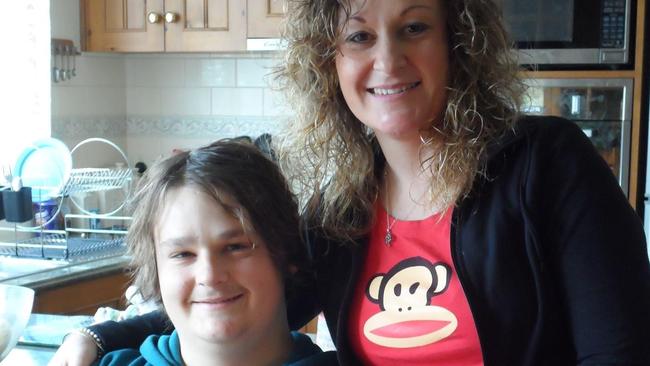
Grieving mother’s lament: Why did police let my son have a gun?
Just days after his 20th birthday, Robbie Lawrence unlocked his double-barrel 12-gauge shotgun from his father’s gun safe, drove to a remote bush track in regional Victoria, and killed himself.
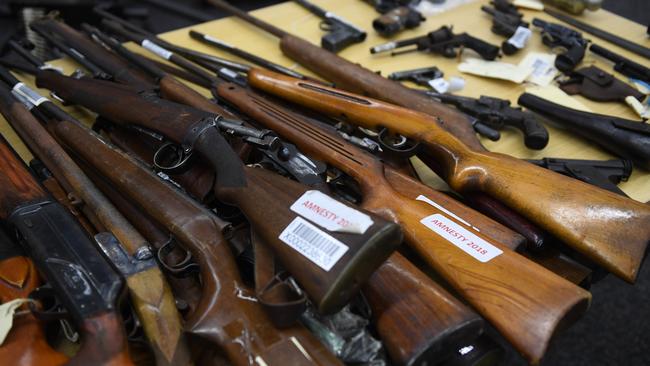
Legal guns near four million in Australia
The number of registered guns in Australia approaches four million for the first time, but ownership rates remain low, with a 48 per cent decline since the National Firearm Agreement in 1996.
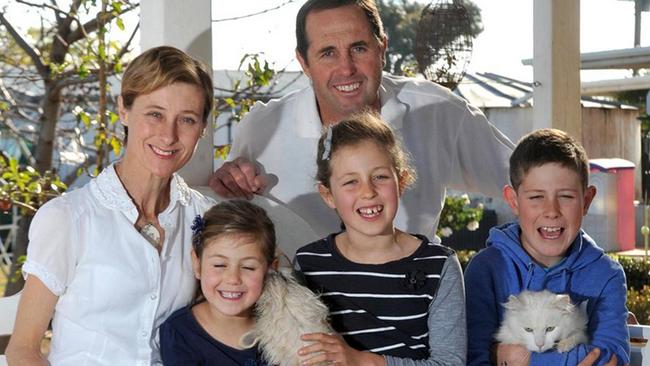
The forgotten victims of legal guns
Children, grandchildren and partners are the main victims of homicides carried out by licensed shooters, as lawful gun owners turn their registered weapons on those to whom they are closest.
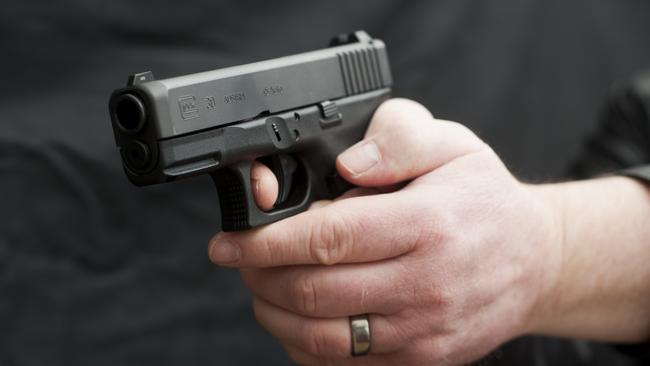
Coroners warn on shooting range suicides
Most of the nation’s shooting ranges are not required to install bulletproof barriers or lifesaving tethers for guns used by unlicensed shooters, despite coroner warnings after the suicides of at least 11 people.
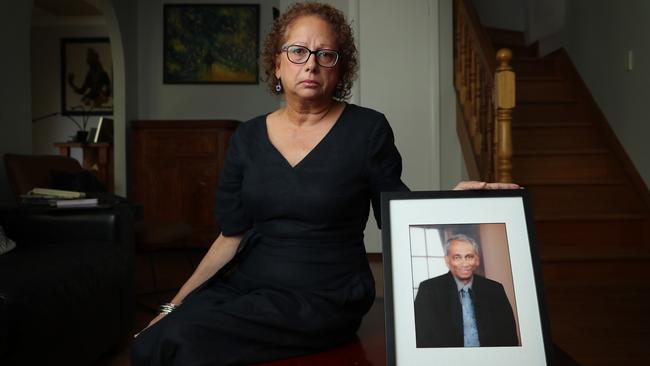
Shockwaves after daughter lures her dad to a violent death
It’s been 13 years since Di Bonarius’s sister shot their beloved father dead after stealing a gun from a pistol club, but the traumatic aftershocks of the violence are still shaking her family.
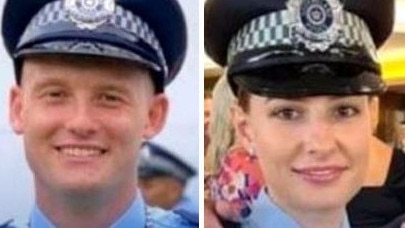
Inquest costs met for cops’ families
The families of the two murdered officers will have union-funded lawyers to represent them at the inquest, as one family expresses concern about some actions of Queensland police.
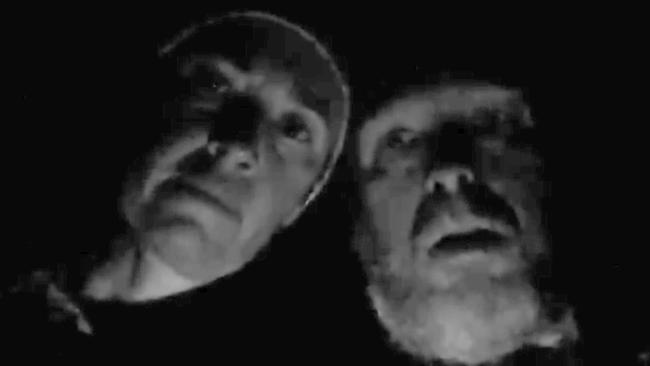
Christian extremist terror hit not enough to deliver gun register
Nearly a year after constables Matthew Arnold and Rachel McCrow and good Samaritan Alan Dare were gunned down at Wieambilla, bureaucratic inertia and a fight over funding has stalled the process.
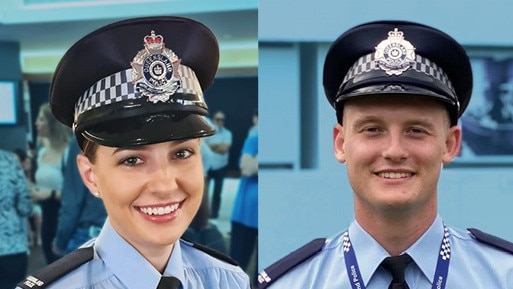
Young cop’s execution caught on body cam
Sniper’s lairs, battery-powered security cameras, and the cold-blooded execution of a young constable captured by her own body-worn camera: what really happened during the bloody Wieambilla ambush.
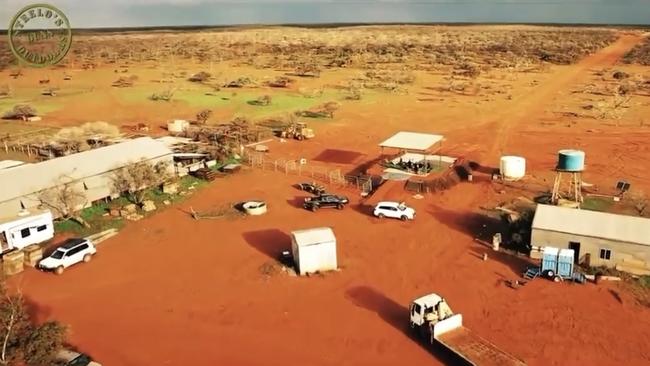
New laws were a killshot for Ella Valla station. Then Andrew Forrest swooped
For years, tourists would come to Shane Aylmore’s remote cattle property in WA, paying huge sums to fire enormous long-range weapons into the outback. In just one night, it was game over.
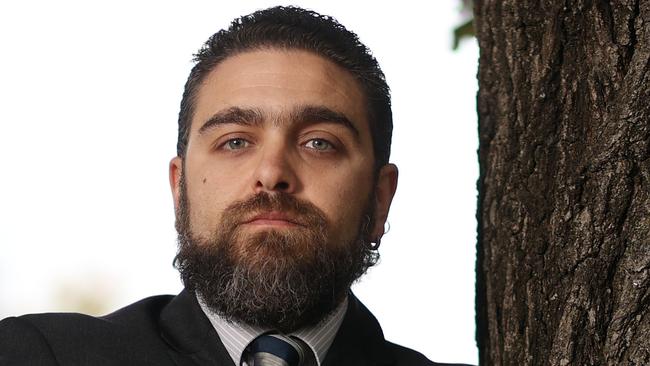
Gun, data reforms ‘would save cops’ lives’
‘Real time’ information would enable police to do a proper risk assessment before entering a property.
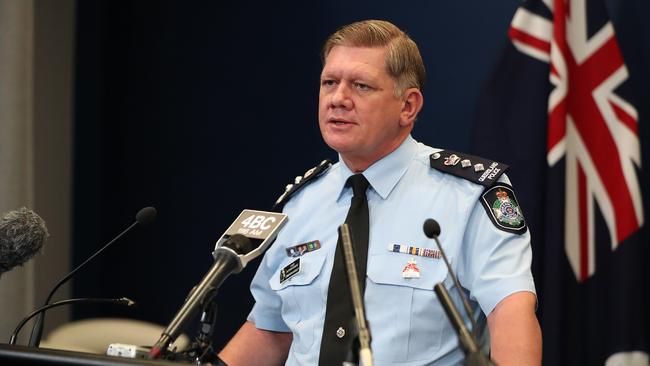
Outdated registry ‘is a threat to police’
Queensland’s firearms registry is still not fit-for-purpose and is putting police officers and the general public at risk, nearly three years after a warning from the auditor-general.
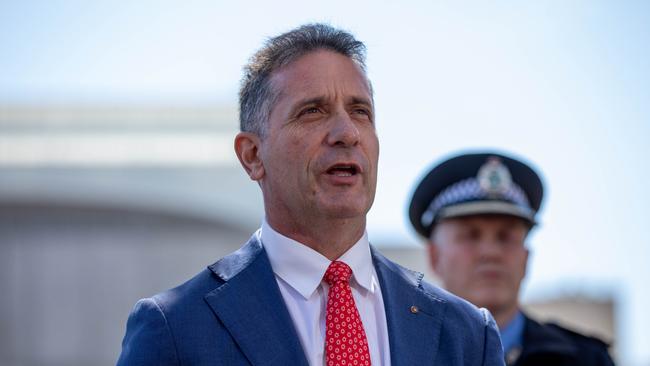
Up to 130,000 WA guns off the street
WA will become the first Australian jurisdiction to limit how many firearms a shooter can legally own, as the Labor government wants to slash the number of legal guns by about one-third.
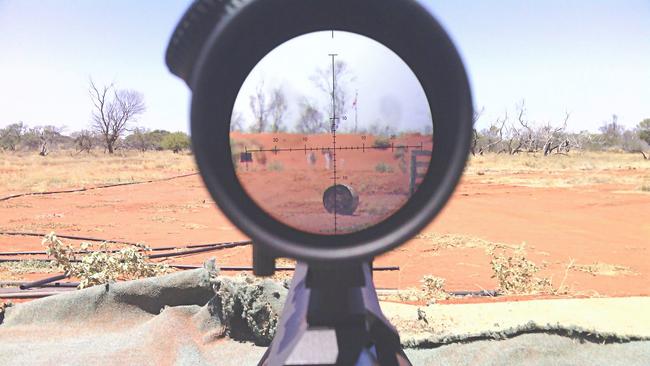
Federation fail: Patchwork of laws keep sniper rifles on our streets
High-powered .50 cal guns banned for being too dangerous by some states are legal over the border, as states and territories fail to harmonise gun laws or agree to a national gun registry.
This is despite the urgent calls for reform after the shooting on December 12 by three religious extremists, none of whom were legally allowed to possess the arsenal of high-powered weapons and stockpile of ammunition they had hoarded on the remote property, more than 300km west of Brisbane. Shooter Nathaniel Train’s Queensland gun licence had been suspended four months earlier, and his brother, Gareth Train, and Gareth’s wife, Stacey Train, were not licensed to own or shoot firearms at all.
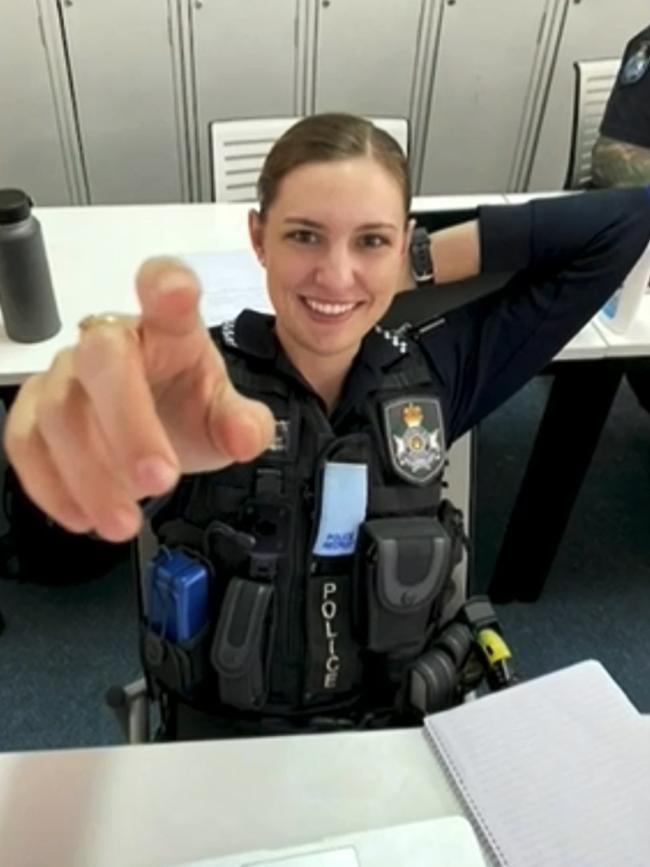
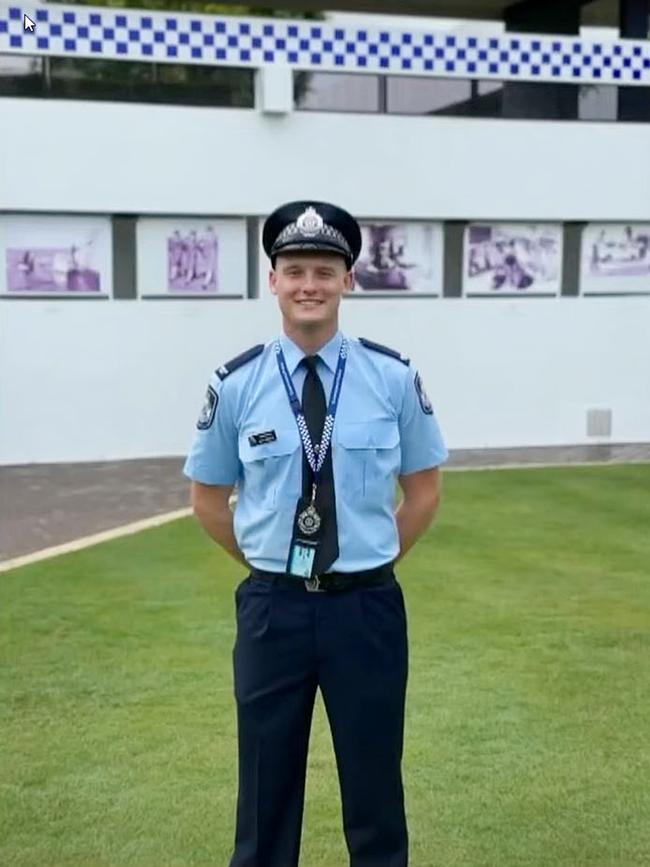
On the day they were murdered, the Queensland police officers were pursuing a NSW missing person report for Nathaniel Train and were trying to serve him with an arrest warrant.
The unvaccinated former school principal had illegally entered the state in December 2021 in a breach of Covid restrictions, unlawfully dumping two Queensland-registered firearms when his vehicle became bogged.
Without a national firearms register – first agreed to in the National Firearms Agreement after the 1996 Port Arthur massacre – police officers across Australia are still unable to instantly access firearms records from other jurisdictions, leaving them exposed and without crucial information, such as whether someone has a gun licence or owns weapons.
And gun dealers cannot easily verify if a buyer’s licence is valid or if it has been suspended or cancelled, particularly if the permit was issued in another state.
Another policeman, Brevet Sergeant Jason Doig, 53, was shot dead in South Australia last week. It has not yet been revealed if the suspected shooter, Jadyn Stimson, 26, was a licensed gun owner, or if the gun used was a registered firearm.
Queensland and national police union boss Ian Leavers, federal police union head Alex Caruana, Gun Control Australia president Tim Quinn and leading gun control advocate Philip Alpers all called for jurisdictions to come together and agree to the national register.
Shooters Union president Graham Park and Shooting Industry Foundation of Australia chief executive James Walsh also gave cautious endorsement of a new national firearms registry, but warned it would be useless without proper industry consultation and an overhaul of individual databases.
A months-long investigation by The Australian has uncovered the funding fight, in which the smaller jurisdictions of Tasmania, the Northern Territory, South Australia and the ACT argue they cannot afford to upgrade their own paper-based firearms registries to be compatible with a national digital database.
West Australian Police Minister Paul Papalia said his state would spend tens of millions of dollars upgrading and digitising its entire registry by the end of next year, to enable its nation-leading firearm reforms and compatibility with a national register.
Mr Papalia said he agreed with the smaller jurisdictions that the federal government should pay for them to participate.
“If you want to get a system up and running, and you want to do it as soon as possible, they perhaps need to be funded by the federal government because they are essential. If you want a national firearms registry, it’s got to be national,” Mr Papalia said.
The Albanese government is offering to pay only for a federal technology upgrade, despite the Prime Minister and national cabinet committing to the national register in February, and police ministers agreeing on options in June.
Queensland Coroner Terry Ryan is examining whether poor communication between interstate police services contributed to the tragedy, and how Nathaniel Train was able to buy ammunition despite his gun licence being suspended in August last year.
While the fact his licence had been suspended would have been known to the officers who went to the Wieambilla property, it was not known in which state his guns were located, or how many firearms he still possessed.
The Australian’s special investigation can also reveal that despite the strong words from politicians in the aftermath of the shootings, Australia’s gun laws remain hopelessly inconsistent, with guns deemed illegal in some states, such as armour-piercing sniper rifles, able to be used legally elsewhere in the country.
No state or territory complies fully with the National Firearms Agreement. So many loopholes exist in the legislation that police warn a person could build an entire unregistered gun by legally buying weapon parts in different states, and assembling those parts themselves.
It is still legal to buy ammunition for firearms that a person is not licensed to hold, there are no caps on purchasing ammunition, and the states cannot agree on how to categorise some guns.
Queensland is the only state that totally bans silencers, while NSW allows the devices for sporting and recreational shooters.
South Australia, Queensland, Victoria and Northern Territory now allow possession of a handgun or revolver in the first six months of obtaining a licence.
NSW and Victoria waive the mandatory 28-day cooling off period for people obtaining their second and subsequent permits to acquire a gun, while Tasmania allows a 14-day cooling-off period for second and subsequent permits to acquire a gun.
Tasmania, the scene of the Port Arthur massacre, is still using paper applications for licence and gun registrations, while it can take weeks for new legal gun purchases to be uploaded into Queensland’s paper-based state firearm registry.
The ACT and the NT are also reliant on paper forms, and no state or territory’s gun register is fully digitised, posing a major hurdle to the development of a real-time national register.
Ian Leavers, president of the Queensland Police Union, made an emotional plea for Mr Albanese to intervene, saying the Prime Minister had spoken to him in the minutes before the funerals of the two constables, and shared his passion for making a national gun register work.
“This rocked the nation like never before,’’ he said of the premeditated attack.
“I don’t want there to be another death which could have been prevented when this information could have been available when it wasn’t … because of the bureaucratic nature of … multiple systems which simply don’t talk to each other.”
Standing at the gate of the block where the Train family carried out the domestic terrorist attack, Mr Leavers urged the “commissioners and bureaucrats’’ stalling over firearm reform to remember the collective grief felt by the nation after the shooting.
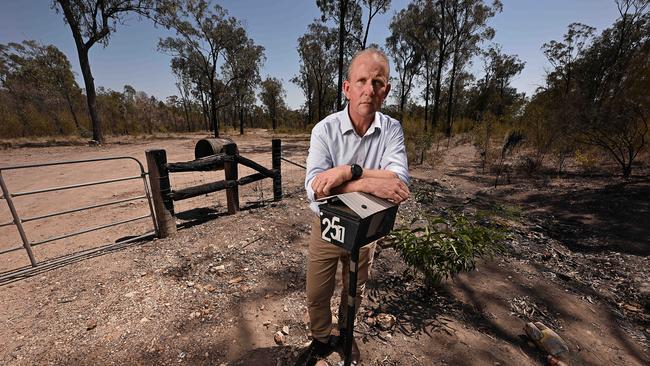
“I think what we need to get back to … is that gut-wrenching, sickening feeling,’’ said Mr Leavers, who is also the president of the 66,000-strong Police Federation of Australia.
“People in this local community who were coming up to us were in tears, and they were hurting, as well as people from all over Queensland, and it was spread across the nation.
“That is why we can’t let go of our feelings (from) that point in time and that momentum has just got to continue … to effect positive change into the future.
“It may need some good strong leadership from the Prime Minister to make this happen because the states need to listen and get on board with this, because every day that it goes on they’re putting lives at risk.’’
Mr Leavers said he was sick of the delays and wanted the register “yesterday”.
Mr Albanese and federal Attorney-General Mark Dreyfus did not respond to questions.
In June, police ministers told national cabinet a national registry would cost more than $200m, which would include the cost of upgrading the technology of the Australian Criminal Intelligence Commission’s National Criminal Intelligence System and Australian Firearms Information Network. Currently, the AFIN is not a complete weapons registry, does not operate in real time, does not track firearm owners and is hampered by the inconsistency of state and territory information.
The majority of the $200m estimated cost is the requirement for all states and territories to upgrade their individual weapons databases to be able to plug into the national registry.
But the federal government has only agreed to pay for the technological upgrade to the ACIC’s databases, which could be funded from the statutory authority’s own “special account”, which already contains about $135m in income from national policing checks.
It will now be up to the Council on Federal Financial Relations, chaired by Treasurer Jim Chalmers with all state and territory treasurers as members, to sort out who pays for what.
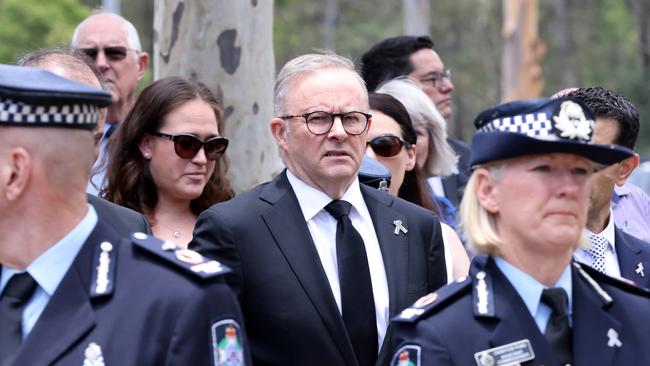
A national firearms register would include technical details, the identity of licence -holders, their history of firearm ownership and what guns they possess.
Crucially, it would require all jurisdictions to have nationally consistent definitions for firearms and ammunition.
The ongoing problems were reinforced earlier this month when it was revealed the NSW Firearms Registry issued a licence last year to Jack O’Rourke, without realising he was former al-Qa’ida sympathiser Joseph “Jihad Jack” Thomas, who was charged with terrorism offences after travelling to Pakistan for military training.
Two weeks after the licence was granted a NSW counter-terrorism officer warned the registry of O’Rourke’s criminal history; his licence was suspended the next day and officially revoked on February 20. He hadn’t disclosed his criminal history on an online application form, and revealed only one of his multiple aliases.
SIFA CEO Mr Walsh warned that most state and territory registries were “under-resourced, inefficient and lacked the modern systems required to integrate to a national registry”. Only NSW had properly modernised its system.
“Jurisdictions must prioritise the update of their systems and the auditing and cleansing (of) their firearms data in the first instance, otherwise a national registry would only contain the inaccurate data held by some registries,” he said.
“In order for any national registry initiative to be successful, fit for purpose and embraced by the Australian shooting industry, it must take into consideration the needs and requirements of our industry.
“SIFA has been pushing for open and transparent consultation with the commonwealth A-G’s department on any registry initiative and to date we have been ignored.”
Mr Leavers urged all jurisdictions to compromise to make a national register work.
“You’ve got to compromise to get to a position and not dig your head into the sand and say ‘we’ve got the best system, we’ve got the best legislation’, because meanwhile, nothing ever happens.
“And I’m sick of that. I want it yesterday.’’
He said he had spoken to the families of constables Arnold and McCrow as part of his campaign for a national register, and they were “100 per cent behind me on this”. “I think this can be a legacy for Matthew, Rachel and Alan as we move into the future,’’ he said.

To join the conversation, please log in. Don't have an account? Register
Join the conversation, you are commenting as Logout